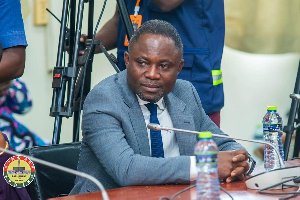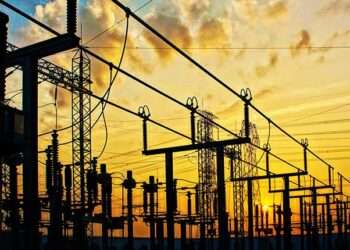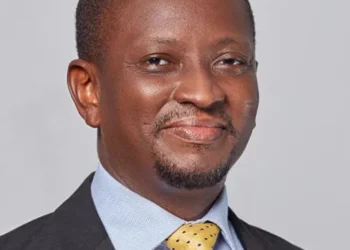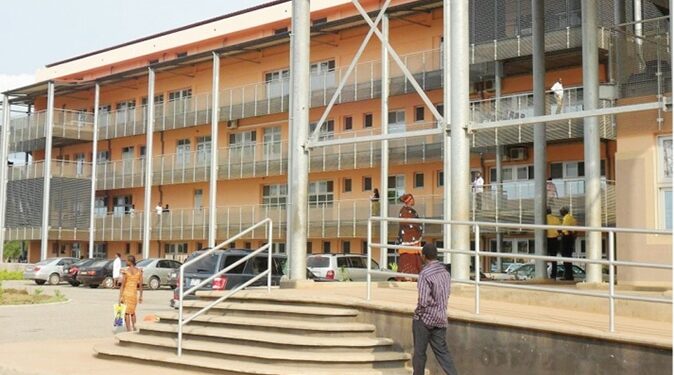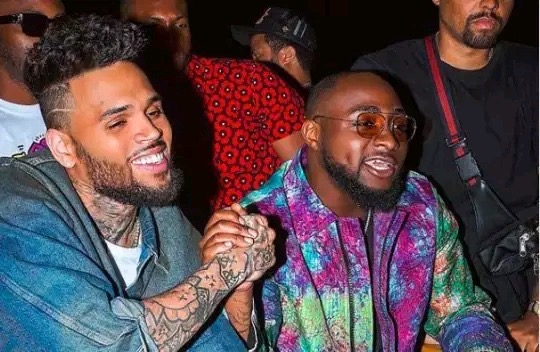Hon. Vincent Ekow Assafuah, Esq. has expressed concern that judicial independence is being undermined politically, warning that Ghana’s democratic fabric is being stretched thin as he decries the assault on this fundamental principle.
The Member of Parliament for Old Tafo and legal practitioner strongly condemned the suspension of Chief Justice Gertrude Araba Esanbu Sackey Torkornoo by the current NDC administration.
According to Hon. Assafuah, “our democracy thrives on the independence of institutions.” That institutional equilibrium, he argued, is not merely an ideal—it is the very foundation upon which public trust, fairness, and accountability are built. But that foundation, he warned, is cracking.
According to him, judicial independence, which ensures the judiciary operates separately from the executive and legislative branches to uphold impartial justice, is a vital constitutional safeguard.
However, Assafuah believes recent developments present a serious threat to this foundational principle.
He described the Chief Justice’s suspension and the formation of an investigative committee as a deliberate move to tilt the scales of justice. “Let’s not feign ignorance. This is a calculated orchestration.”
Accordingly, out of the five-member panel appointed to investigate the Chief Justice, Assafuah claimed that “three carry visible partisan footprints.”
“Daniel Yaw Domelevo, a former Auditor-General handpicked by former President Mahama in the twilight of his administration, made headlines for his confrontations with the previous NPP government. He was found guilty of contempt, accused of procedural violations, and often brandished his office as a sword rather than a shield of accountability.”
Hon. Vincent Ekow Assafuah, Esq
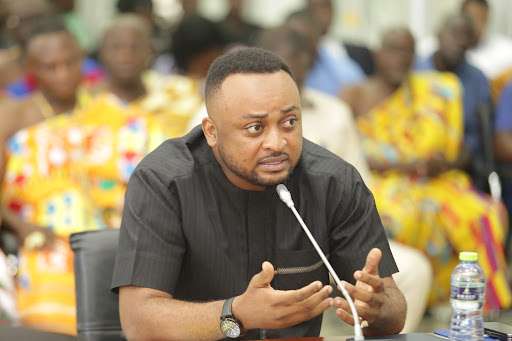
Another member of the panel, Justice Gabriel Pwamang, has also come under public scrutiny.
Appointed to the Supreme Court by former President Mahama, Pwamang now leads the panel tasked with deciding the fate of the Judiciary’s highest-ranking official.
Assafuah noted that even within Pwamang’s own community, concerns about his neutrality have been raised, casting doubt on his suitability for such a sensitive constitutional role.
He also pointed to Professor James Sefah Dzisah, the third panel member, whose political affiliations are reportedly well known in academic and policy circles.
According to him, Dzisah’s involvement in the 2020 protests against the voter register—a movement prominently backed by the NDC—raises further questions about impartiality, especially given his close ties to party-aligned intellectuals.
Justice At Stake Amid Threats To Judicial Independence
Furthermore, Hon. Vincent Ekow Assafuah underscored the broader implications at stake, offering a powerful reminder that this issue extends far beyond elite political maneuvering.
He painted a compelling picture of how the matter affects the very foundation of democratic governance and public trust in national institutions.
“This is about the ordinary market woman in Kumasi who deserves fair rulings; The student in Tamale whose future depends on an impartial judiciary; The businessman in Takoradi who wants to know that the courts are not the extension of any regime.”
Hon. Vincent Ekow Assafuah, Esq
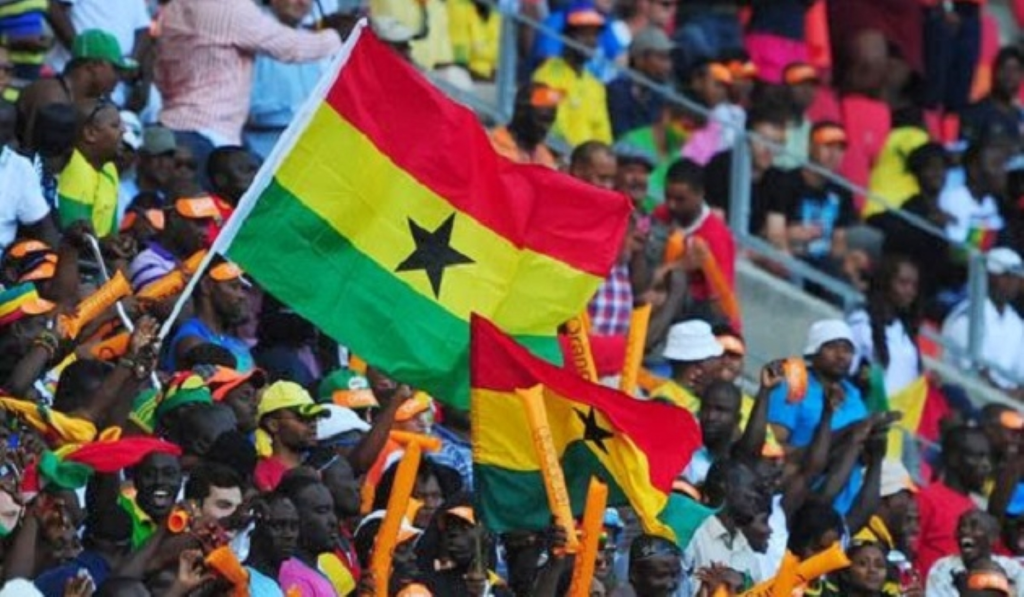
For Assafuah, this isn’t just about the current administration or the suspended Chief Justice—it’s about precedence.
If a government can suspend the Chief Justice and handpick a panel perceived to be politically biased, what, he asked, will prevent future governments from going even further?
The MP noted that “The Judiciary, the Electoral Commission, and CHRAJ—these are not trophies for any government to capture. They are the pillars upon which our Republic stands.” Undermining them, he warned, paves the way for chaos rather than justice.
Hon. Assafuah was unequivocal in his stance. While he supported sincere efforts to uphold accountability, he stressed that justice must be impartial and free from political influence.

When such efforts appear selective, targeted, and driven by partisan motives, they risk crossing the line into what can only be seen as state-sanctioned retaliation.
The implications, he warned, are chilling. “Today, it is the Chief Justice. Tomorrow, it could be an Electoral Commissioner, a journalist, or a civil servant who refuses to bow to partisan pressure.”
According to him, such a trajectory would render judicial independence a hollow concept and embolden executive overreach.
Assafuah concluded with a passionate appeal for national unity and vigilance beyond partisan interests.
In this critical moment, he urged civil society, the Ghana Bar Association, religious and traditional leaders, and all citizens of conscience to raise their voices. He cautioned against passively allowing what he sees as a creeping erosion of justice disguised as due process.
The way forward, he emphasized, must reflect not just legal correctness but true fairness—where the panel acts impartially, and the Judiciary is shielded, not scapegoated. His message was ultimately a call for courage, integrity, and collective responsibility.
“The Ghana we are building cannot stand if the very pillars meant to uphold justice are being quietly dismantled behind closed doors. May posterity judge us by the courage we show in moments like this.”
Hon. Vincent Ekow Assafuah, Esq
In the face of mounting concerns over judicial independence, Hon. Assafuah’s impassioned warning serves as a timely reminder that democracy thrives only when its institutions remain impartial and unshaken by partisan agendas.
However, while concerns about judicial independence are valid, accountability must not be sacrificed on the altar of institutional prestige.
No public official, including the Chief Justice, should be above scrutiny when credible allegations arise within constitutional bounds.
READ ALSO: US Says Ukraine Peace Efforts ‘Hopefully Moving In The Right Direction’



